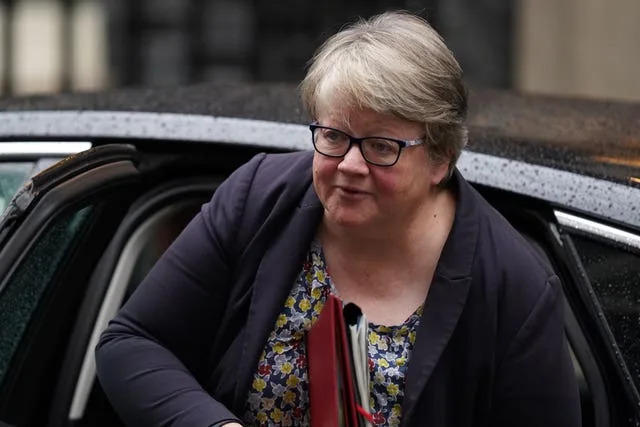NO SERIOUSLY, HE MEANS IT. STOP LAUGHING
Russia wouldn’t have invaded Ukraine without Brexit, suggests top MEP
Russia may not have invaded Ukraine if Brexit had not happened, senior MEP Guy Verhofstadt has said on the third anniversary of the UK’s withdrawal from the EU.
Mr Verhofstadt – the European parliament’s former Brexit coordinator – suggested Vladimir Putin calculated that the continent was not united on defence after the UK’s exit from the bloc.
“This war, this brutal invasion started with Putin and Russia,” he told LBC. “It’s really an attempt by Putin to restore the old Soviet Union. The only difference is the communist party is replaced with his own cronies.”
Mr Verhofstadt added: “A united Europe, certainly on defence matters, would make an enormous difference. I think maybe without Brexit, maybe there was no invasion. I don’t know.”
The MEP, former leader of liberal alliance in the Brussels’ parliament, said he hoped the UK could still rejoin the EU – but conceded it was unlikely in the next five years.
“Let’s hope that Britain can re-join, and let’s hope Ukraine can join. Why not within five years? Maybe it’s a little bit optimistic with the UK,” he said.
Mr Verhofstadt added: “My feeling is, the last time when I was in London, that for the first time in public opinion in Britain, people understand that Brexit was the wrong choice and that Brexit has done a lot of damage to Europe, and certainly to the UK.”
Former Brexit opportunities minister Jacob Rees-Mogg insisted that Brexit was “going well” for a whole range of reasons on the third anniversary.
Mr Rees-Mogg pointed to “cheaper insurance” after a change of EU rules, the gene-editing bill, Solvency II regulations to cut red tape in the City, and Britain not being liable for the EU’s £191bn Covid bailout.
He also claimed problems with the Northern Ireland Protocol were not the “inevitable consequence” of Brexit.
“It’s temporary,” he told Sky News. “It seems to me the protocol is failing and needs to be fundamentally reformed. There must not be a border in the Irish Sea.”
Rishi Sunak, meanwhile, claimed Britain has taken “huge strides” in taking advantage of the opportunities opened up by Brexit – claiming the country was confidently forging a new path as an “independent nation”.
The PM pointed to the opening of eight new freeports, plans to review or abolish EU red tape, and the overhaul of the regime for business subsidies among the benefits of the break with Brussels.
Mayor of London Sadiq Khan – who has called for the UK to rejoin the EU single market – said it was time to abandon “the hostile mentality of the referendum years and open a dialogue with our European neighbours about greater alignment”.
The SNP and Greens said Scottish independence is the only way to escape the “unmitigated disaster” of Brexit as the UK marks the third anniversary of leaving the bloc.



















